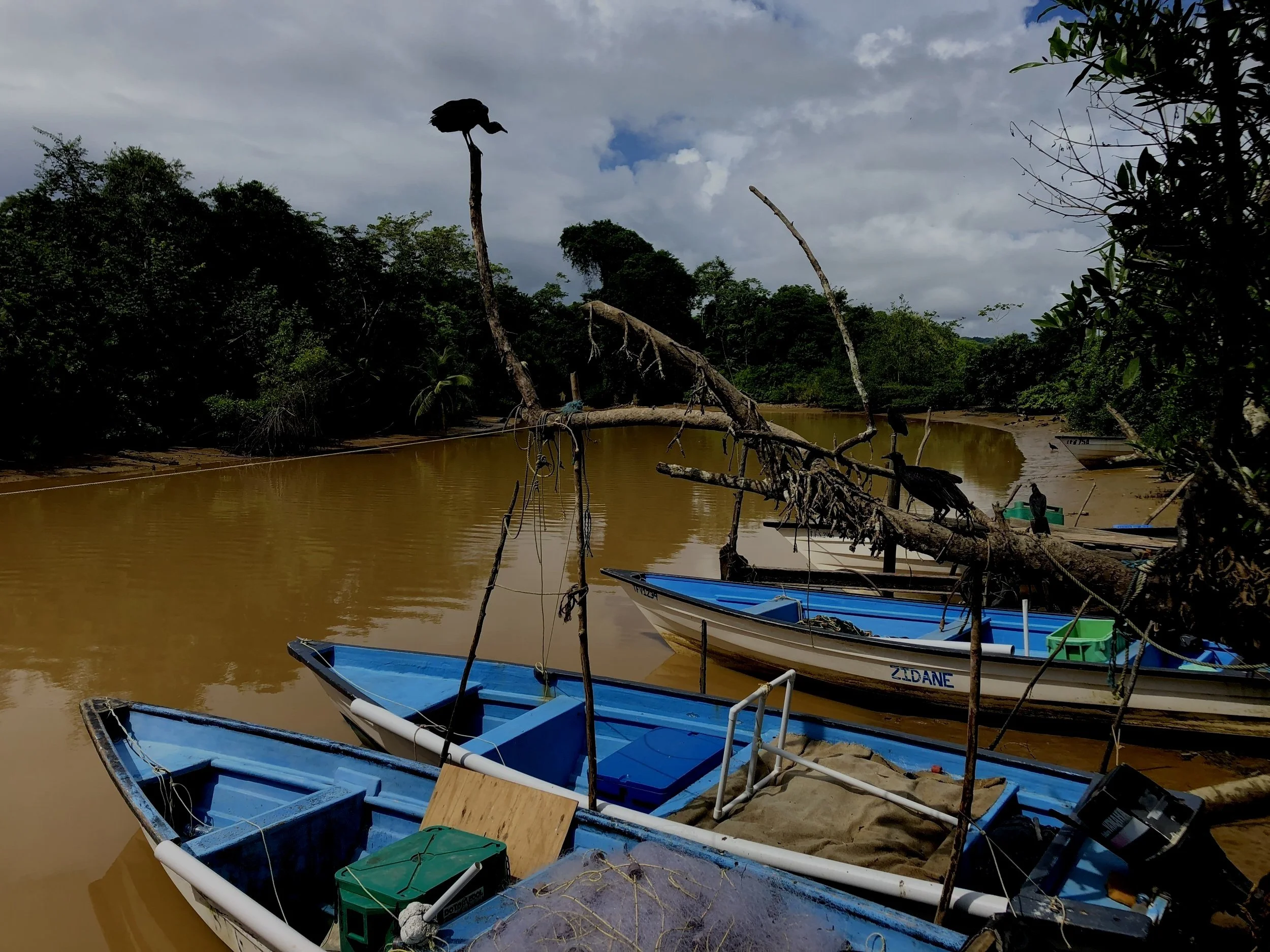
Convergent Crimes
Police Misconduct
Police misconduct refers to unlawful or unethical behaviour by law enforcement officials, including abuse of power, corruption, excessive use of force, and failure to act on reported crimes. In the Caribbean, reports of police abuse, bribery, and selective enforcement have raised concerns about trust and accountability in the justice system. These practices can directly or indirectly support wildlife crime by shielding traffickers from prosecution, enabling the passage of illegal goods, or intimidating those who attempt to report violations.
Such misconduct undermines wildlife enforcement by weakening the rule of law and discouraging public cooperation. When enforcement officials are complicit or negligent, it creates space for illegal wildlife trade to flourish and discourages honest officers from acting. This enables further harm to biodiversity and animal welfare, damages community trust, and threatens human well-being by fostering environments of fear and impunity. Inconsistent enforcement can also create hotspots of illegal activity in areas where corruption is concentrated or oversight is weak.
As police misconduct increasingly intersects with environmental and wildlife crime, efforts to promote transparency, oversight, and institutional reform are essential. Strengthening internal accountability mechanisms and building community partnerships can help restore public confidence and ensure more effective enforcement of wildlife protection laws across the region.
Related Blogs
Our blog section is growing. Check back soon for new posts related to this topic.
